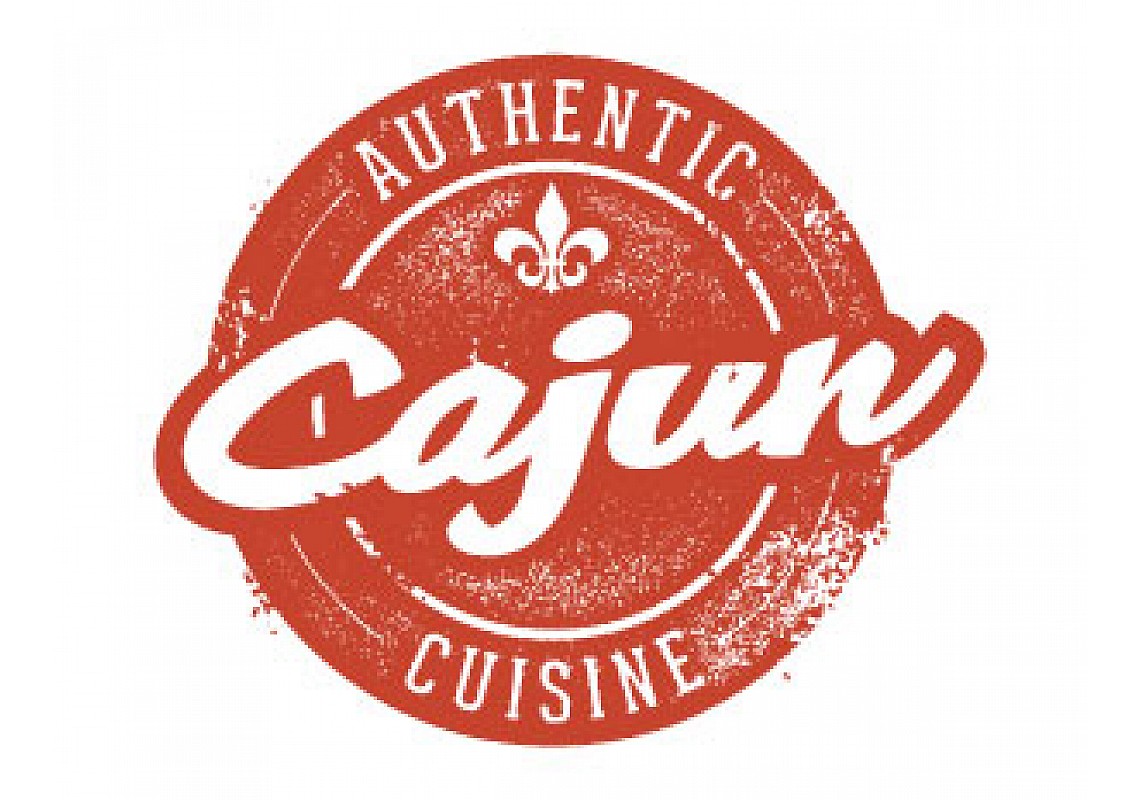What Makes it Cajun?
- October 10, 2020
- 3532
- 0
- 0
Here in Louisiana, good food and good times are an essential part of our culture. We don't just cook special meals for birthday or holiday celebrations, either. The Cajun people embrace fine eating 365 days a year. If you make it down our way for a visit, you'll quickly discover there are a few things that really distinguish Cajun dining. Family and Friends You might be surprised that the first item on this list isn't a food or one of Louisiana's legendary seasonings at all. First and foremost, Cajun meals are meant to be enjoyed with family and friends. Sharing what we have with others is a way of life. When we cook, we cook big. Huge, steaming pots of gumbo and jambalaya. Pounds and pounds of crawfish and shrimp. If you are thinking about preparing a Cajun dinner, the guest list is your first priority. It's simple. Invite everyone you know and encourage them to bring along their own friends. Another reason we chose to mention this first is that it also provides a little perspective on Cajun history. Our unique dishes developed out of necessity. The first Cajuns to arrive in Louisiana were poor and had large families to feed. It was important for them to make the most of their limited stores. This is why rice is found in so many Cajun dishes alongside seafood which is fresh caught. The meager existence of the original Cajuns is why we are so devoted to family and friends today. We take care of our own. Cajun vs. Creole Food While Creole cuisine is tasty in its own right and something to be enjoyed on a Louisiana visit, there is a vast difference between the Creole food of big cities like New Orleans and food found in the heart of Cajun country. Cajun dishes tend to reflect more of a home-cooked vibe. The resourceful nature of the original Cajuns lives on in their descendants. You'll find that onions, celery and bell peppers are a foundation of spicy dishes like gumbo and rice dressing, also known as dirty rice. They are also combined with rice to make boudin, one of Louisiana's most iconic treats. Boudin is made by mixing rice, pork or beef, vegetables and seasonings into a dressing which is then stuffed into a sausage casing. When it comes to meats, Cajun food relies heavily on meats like pork, fish and shellfish which could be easily harvested from the land and water. While these foods are generally obtained commercially today, wild game is still a hallmark of many Cajun meals. Exotic meats like alligator are also popular throughout all areas of South Louisiana. The Spice of Cajun Life Even those who have never tasted Cajun food probably know of its reputation for being spicy. The use of various spices to add a little color to dishes like red beans and rice or shrimp étouffée also springs from the humble origins of the region's inhabitants. The previously mentioned "Holy Trinity" of vegetables—bell peppers, onions and celery—combine to add much flavor to Cajun recipes, but other seasonings like cayenne pepper and garlic are also used to add a kick. These vegetables and spices were easy to grow, and adding them to a dish was an economical way to enhance the taste. While some Louisiana recipes can be quite hot, most are mild and can be enjoyed by almost everyone. We even spice up our coffee here with the root of a plant called chicory. As an interesting side note, the French were the first to add chicory root to coffee when supplies of the drink ran short during the 1808 Continental Blockade. Like the use of rice as a complement to pork or seafood in many Cajun favorites, chicory helped to stretch a precious resource. First, You Make A Roux If you were to ask a resident of South Louisiana for a Cajun recipe, the response would often begin with these instructions: "First, you make a roux." The roux is at the very heart of many Cajun classics. A roux is a base which is made by combining flour, fat and water with a mixture of seasoning. This base can then be used to make gumbo or a stew. As you can see, a roux also typically possesses the most rudimentary ingredients that were easy for the Acadian refugees to procure. The main purpose of a roux is to thicken a dish. Gumbo, in particular, benefits from a hearty roux that ties everything else together. While making a roux may sound simple, there are plenty of Cajun cooks who will tell you the devil is in the details. Thankfully, there are many roux mixes commercially produced today which only require you to add water. The taste of Louisiana is not to be missed when you visit, but the best dining experience necessitates that you are able to sample the real deal. Likewise, if you are trying to make a Cajun dinner at home, seek out the most authentic recipes and ingredients. Cajun Grocer offers a wide variety of fresh Louisiana products shipped right to your door. Whether you’ve visited Cajun Country or are looking to try something new, Cajun Grocer has the perfect selection of fresh and pre-packaged ingredients to cook up the perfect Cajun meal.

